
Continuity and disruptions

In The Power by Naomi Alderman, future archaeologists are bewildered by trays engraved with an apple that we all recognise as tablets. In fact, often excavations serve both to rediscover the past and to discover the future.
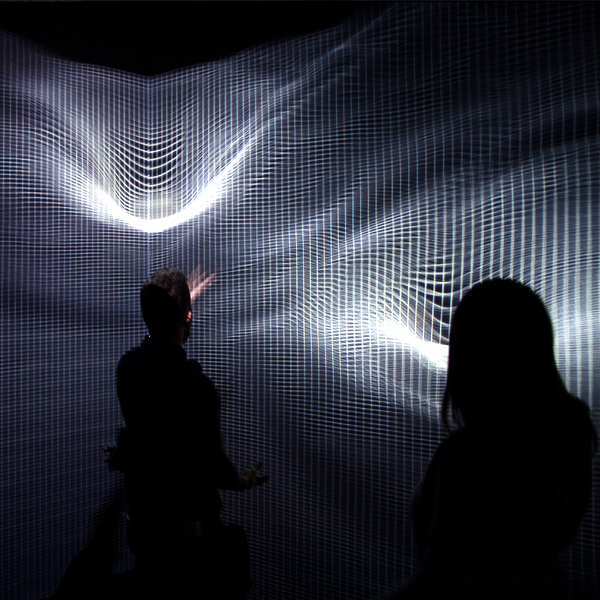
500 years ago Thomas More wrote Utopia. It’s time now to imagine a new world.
Here the idea of a project able to listen to the words and suggestions of youngsters, coming from Italy and Europe, working on the growing divide between the virtual world of digital and the corporeal one of reality.
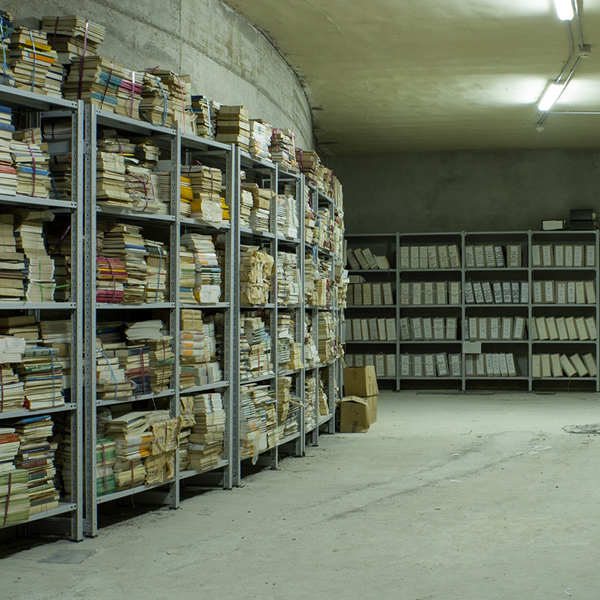
Seventy years have passed since De Gasperi, visiting Matera, called the place that is now a UNESCO heritage site a national disgrace, and ordered the eviction of its residents.
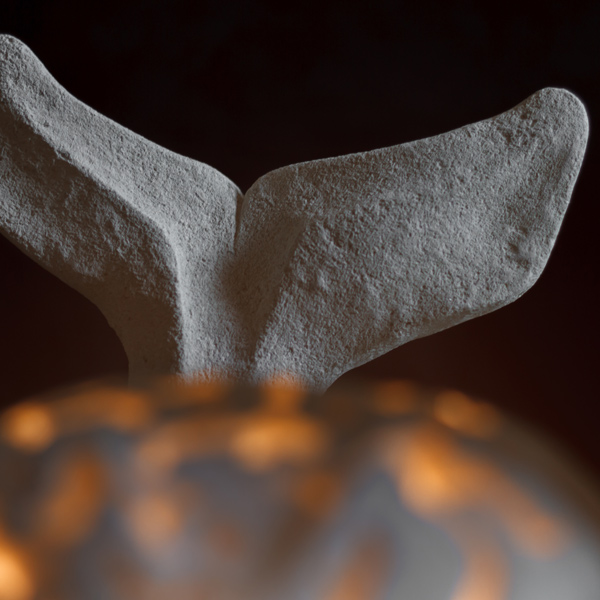
'You take delight' Italo Calvino said, 'not in a city’s seven or seventy wonders, but in the answer it gives to a question of yours'. A city thrives on memories and emotions intertwined in its streets by the inhabitants, and sometimes an answer can arrive even without any question being formulated.
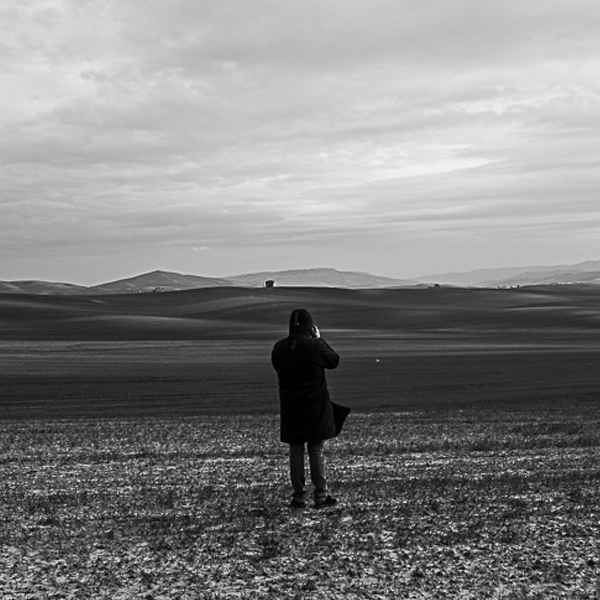
According to an interpretation of contemporary psychology, there are four different kinds of shame that we have all experienced in life; among these, the sense of embarrassment that follows exclusion from a group stands out, the inability to process the concept of not being liked.
The original production 'The poetics of shame', from the theatrical collective #Reteteatro41, brings to the stage themes of marginalisation, courage and passion with a performance that deals with the urgency for collaboration between Europe and Matera.
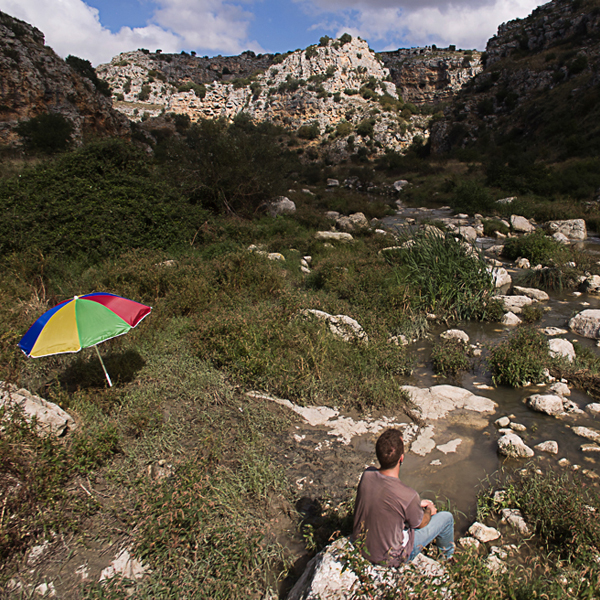
Water covers 71% of our planet’s surface; the same percentage in which it is present in a child's body. And just like a child, the Earth needs to be cared for and defended against danger, protected so that it can grow healthy for future generations.
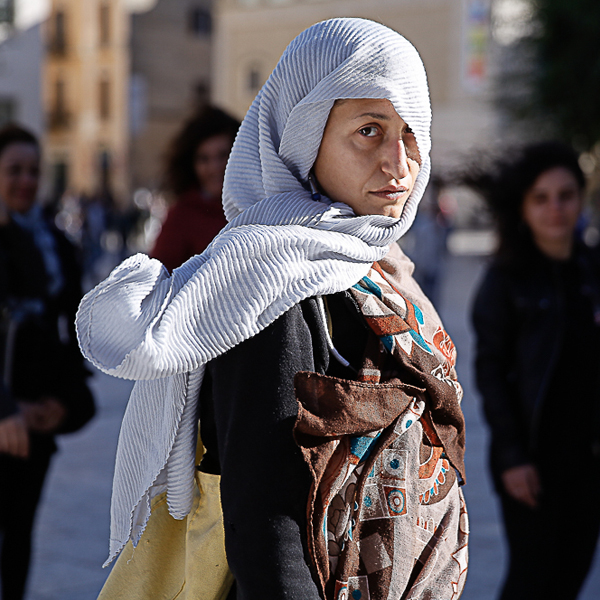
In his work Christ stopped at Eboli, Carlo Levi was one of the first to denounce the shameful hygiene and sanitation conditions of the Sassi Districts of Matera. He describes children who die of malaria 'in those black holes' but also tells the infinite beauty of those 'black holes' that later became a World Heritage Site.
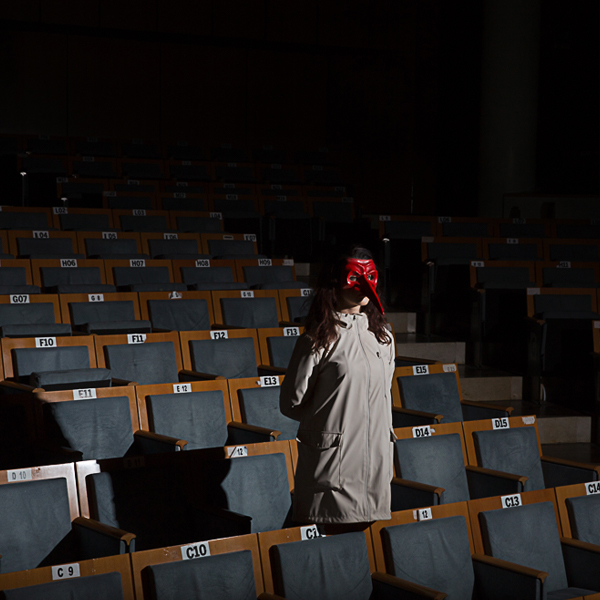
For human beings, the instinct to tell their story is as primal as survival; the oldest written history document dates back to 4500 years ago and we can suppose that even long before then, stories were told around the fire. Myths and legends handed down to satisfy the human need to share collective knowledge.
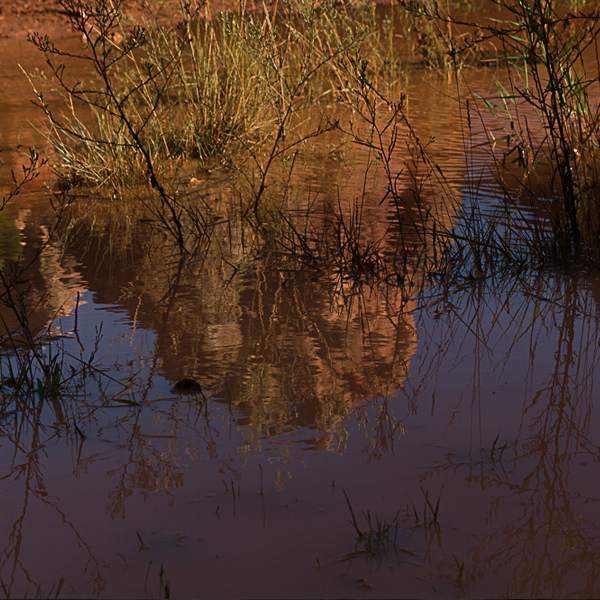
With oil in the background as an obscure engine - for 150 years, for better or for worse - of the world's events, the project is inspired by the unfinished work of the same name by Pier Paolo Pasolini, which, published posthumously 17 years after his violent death, probes the radical and underground transformations of social, urban and natural landscapes.





